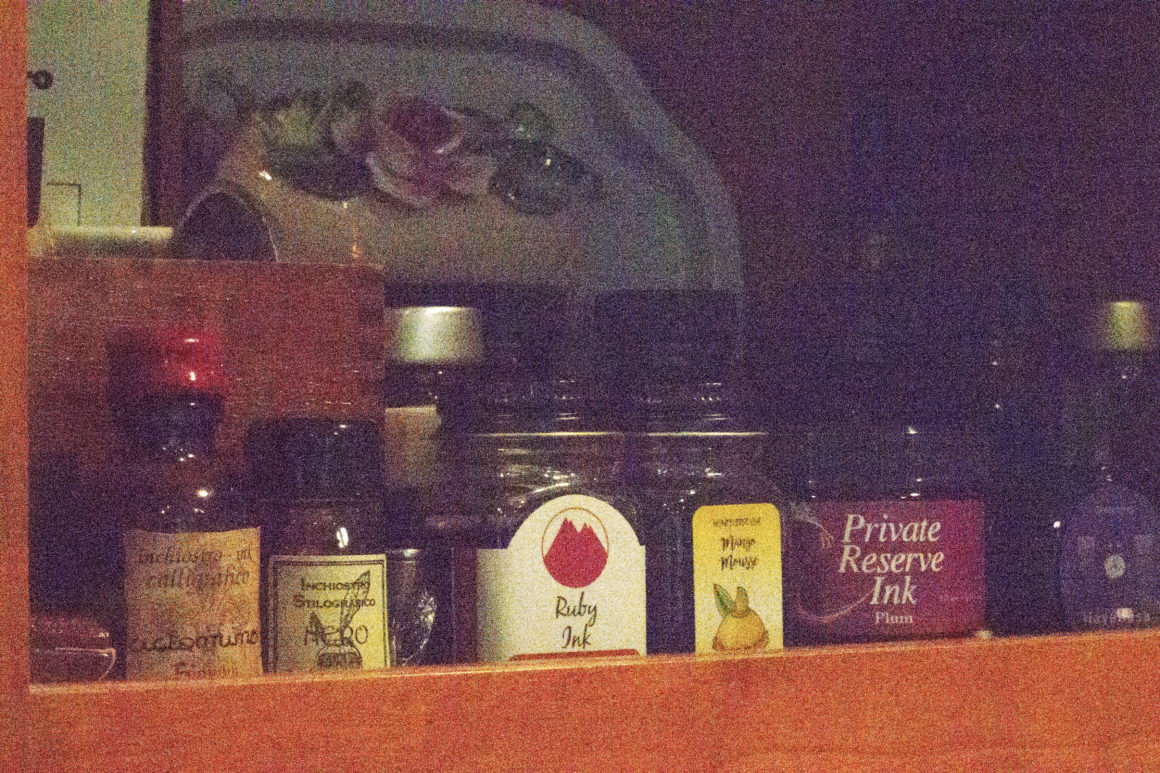
Stop and Look Around
I have so many ways of collecting my thoughts—or more accurately, I guess, of prompting my thoughts in an attempt to write something coherent. It’s good to look around, and doing so today netted me the following in Evernote (ironically written a year ago, today).
Prompted by: “The Lovers and the Stars: Broadening Reason in an Age of Ideology” by Monsignor Lorenzo Albacete in The Relevance of the Stars: Christ, Culture, Destiny
Date formulated: Saturday, 15 May 2021, around 10 pm
Monsignor Albacete is focused on reason and affectivity, and he encourages his readers to broaden their affectivity. I didn’t understand the first two times I read these sentences (because I found it difficult to get past my prejudices and pay attention). I’m getting it, though. Affectivity is essentially just the ability to find meaning in things. Albacete wants us to broaden our horizons and find meaning more often—in more that we encounter. What he is really saying is that we should learn to look.
I notice the light and shadow and how they play together in my bathroom in the morning. Photography broadened my affectivity in this area (and it spills over into every other area of my life). I pay attention to the light and what it shines on because it now affects things in a meaningful way. Before I studied and practiced photography, the extent that I paid light any mind was limited to whether or not there was enough to let me see what I was doing.
I remember that one or other of my parents used to sometimes say, “You’re in my light” (usually when Dad was trying to fix something or Mom was embroidering), and that confused me. I knew it meant that they wanted me to move, but I didn’t fully understand why.
Jordan Peterson in Maps of Meaning writes about the world of meaning and the world of actions. The former encompasses art, story, drama, relationship, and tradition; while the latter is limited to science. The thing is, though: contrary to what our mainstream culture wants you to believe, you cannot have one without the other. The bacteria on the slide in the laboratory wouldn’t be there (or wouldn’t get noticed, anyway), if it were not meaningful (in some way) to the lab assistant looking at it. I’ve written about this topic here before (and used a similar example), but the topic of finding meaning in our lives seems to me like it deserves revisiting often. Besides, connections are important, and I’m glad I was able to yoke Albacete’s thesis with so many other aspects of what I’ve noticed.
Oh, in fact, a paragraph or two after I began writing, I came across this line in the essay: “Affectivity and seeing are inseparable.”




